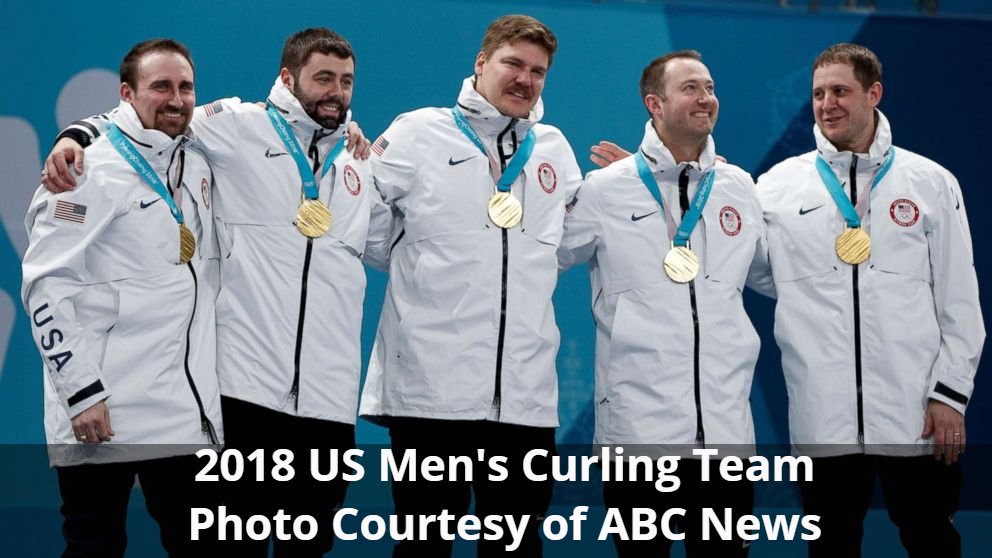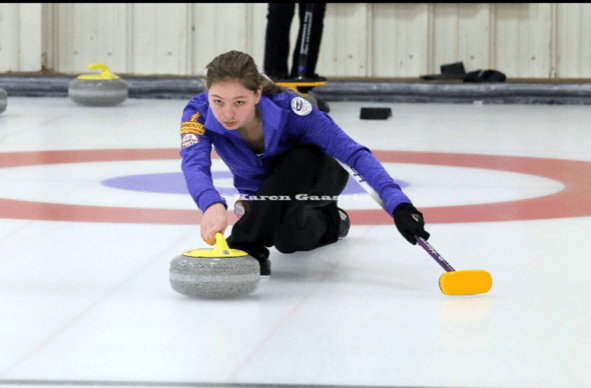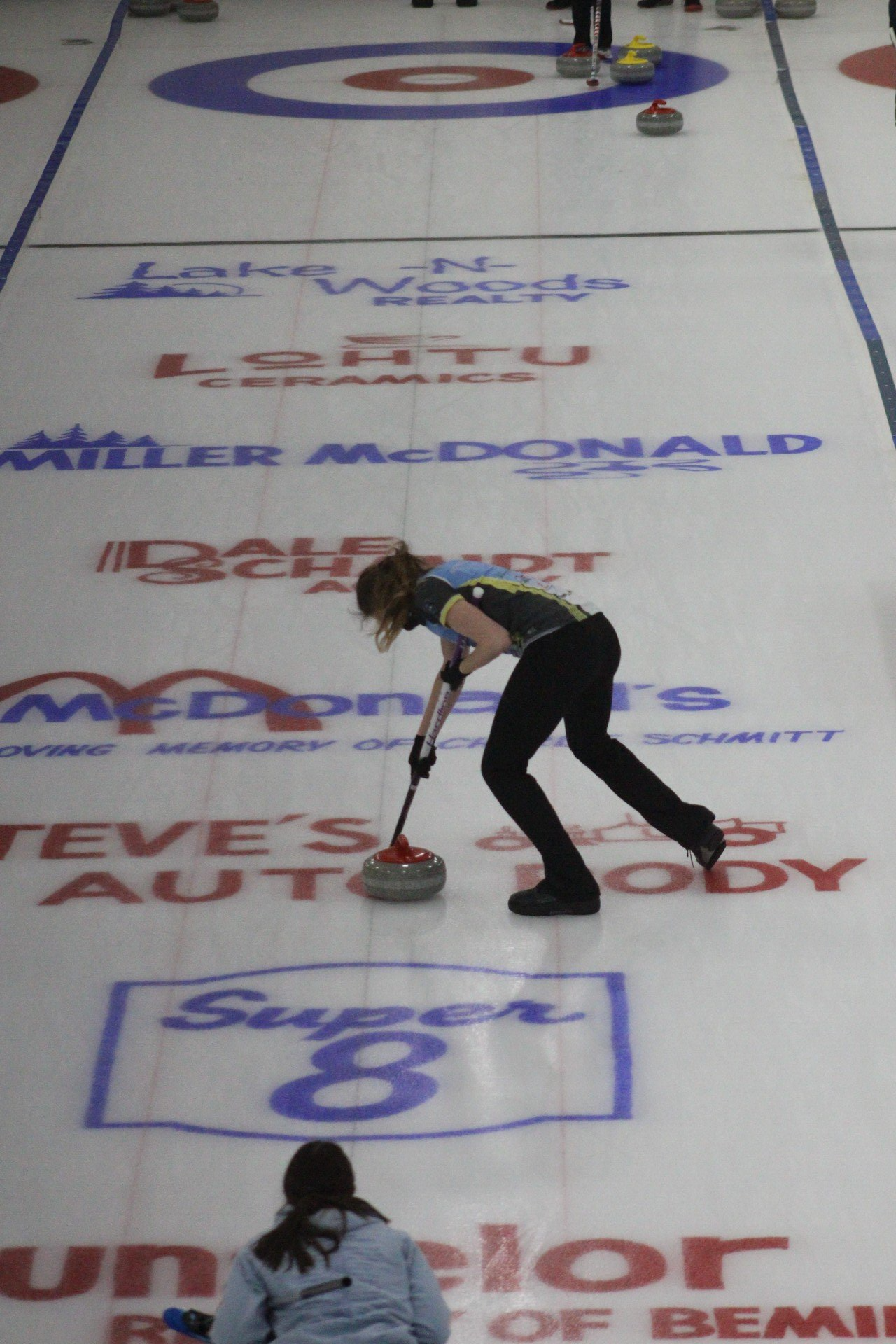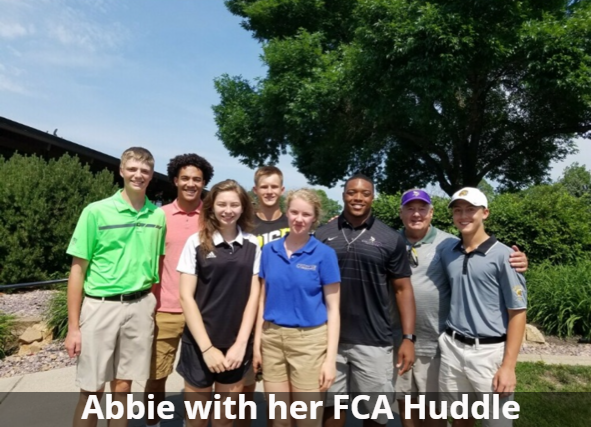For many from the United States, a little-known sport suddenly gained momentum as the US Men’s Curling Team took the gold. Conversations filled social media as people tried to figure out this “new” sport.
As it turns out, curling has been a “thing” since the 16th Century. It was first played in Scotland and the Netherlands. It grew in popularity in the United States in the 1960s and became an official medaling event in the 1998 Olympics. (worldcurling.org/about/history/). Curling is a popular sport in Minnesota (due to our cold temps and thousands of lakes), and the oldest club was founded in St. Paul in 1885 (stpaulcurlingclub.org/index.php/about/club-history). Yet many Minnesotans knew little about the sport until that day in 2018 when John Shuster and his team won a gold medal.
Let’s answer some common questions about curling (worldcurling.org/about/history/):







